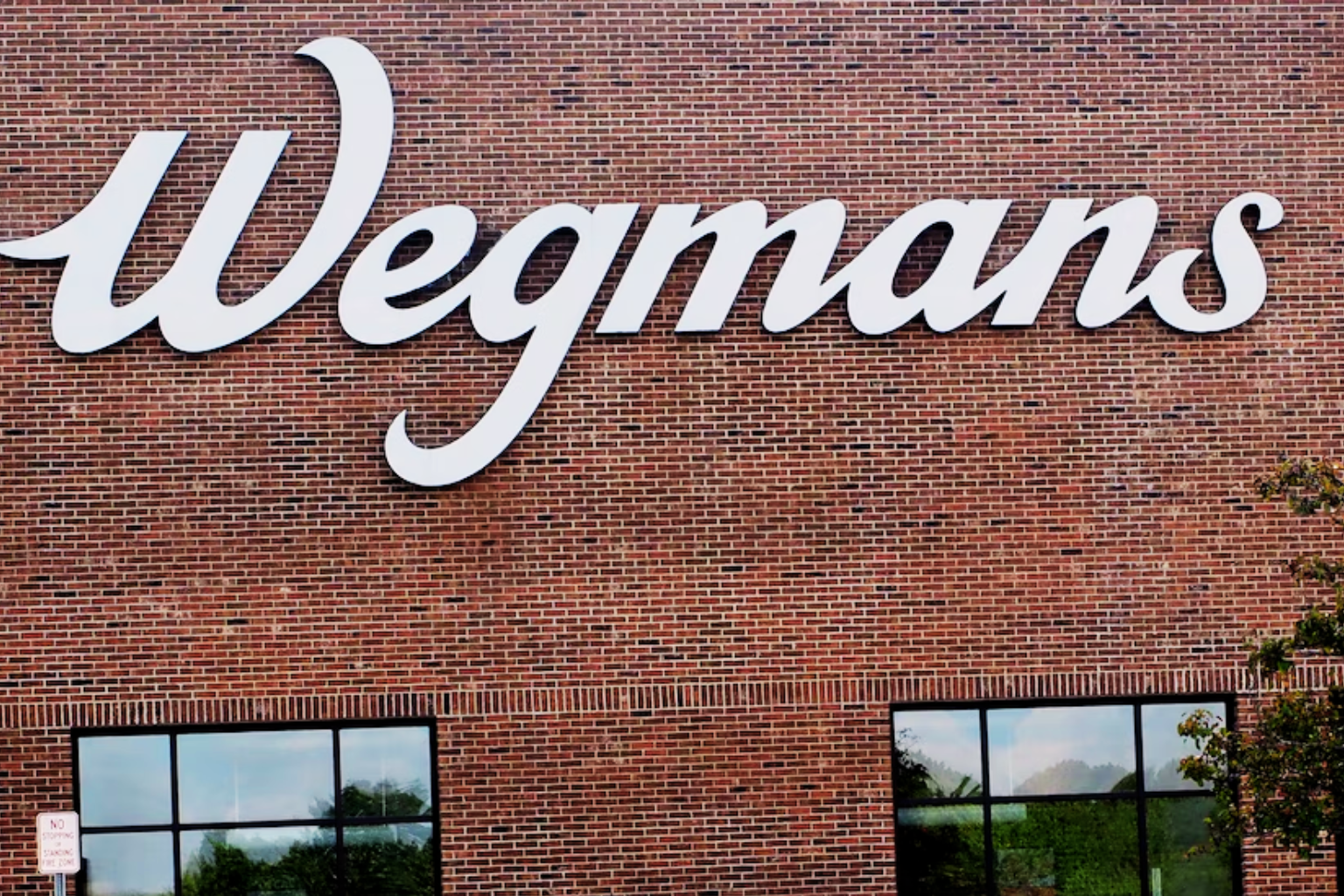Families Push Back as N.J. Leaders Reject 40-Cent Phone Fee to Fund Mental Health Crisis Hotline

Families of mental health crisis patients in New Jersey are urging state lawmakers to reconsider a 40-cent monthly phone fee to keep vulnerable patients out of hospitals and reduce police violence. The Governor Phil Murphy-backed proposal was withdrawn during the parliamentary budget process, and activists warn state officials may regret it.
Governor Murphy’s initial state budget includes a 40-cent-per-line-per-month tax to fund the 988 behavioral health crisis hotline. The fee was meant to provide stable revenue to move crisis-stricken people from emergency hospitals and law enforcement to mental health services. Supporters claim this little fee could save lives and money over time.
Despite the governor’s aim, N.J. lawmakers removed the language before enacting the final budget this summer. In an election year with mounting cost of living concerns, legislators removed the fee as politically dangerous. The current budget does not establish a dedicated income stream for the 988 system.
Mental health families are frustrated by the decision. Many think the state is squandering an opportunity to develop a more effective, responsive crisis care system without this little cost. They warn that emergency rooms and law enforcement are expensive, put vulnerable people at risk of trauma, and delay care.
Critics of the move say that failing to secure dependable funding now could cost New Jersey more in money and human suffering later. If properly supported, the 988 hotline redirects mental health situations to crisis intervention specialists rather than hospitals or police, which may worsen distress.
Advocates want lawmakers to reconsider the concept outside of the annual budget discussion. They suggest a stand-alone legislative measure or telecommunications laws to avoid political bargaining over the levy. They think portraying the fee as a preventative tool that reduces expensive emergency care and unneeded policing may help it win over reluctant legislators.
However, several lawmakers remain skeptical. Critics question fairness, questioning why all phone users should pay for crisis services when not all will need them. Others say general budget allocations, not surcharges, provide flexibility. Tax rises are especially problematic in the next gubernatorial and Assembly elections, complicating the political calculus.
Despite this, families persist. They recount loved ones who waited hours in hospital waiting rooms or were mistreated by first responders inexperienced in mental health crisis treatment in interviews and public hearings. They consider the 40-cent fee a small, wise investment in a life-saving technology.
State officials may adopt this preventative policy or use piecemeal funding and crisis management in the following months. Some worry that mental health crisis may increase in human, social, and financial costs if N.J. does nothing.
Sources
NJ Spotlight News, “New tax on phones lines to fund NJ’s 988 crisis hotline”
NJ Spotlight News, “Lawmakers rejected phone tax to fund NJ’s 988 crisis hotline”
Politico Pro, “Key part of suicide prevention hotline may close”




